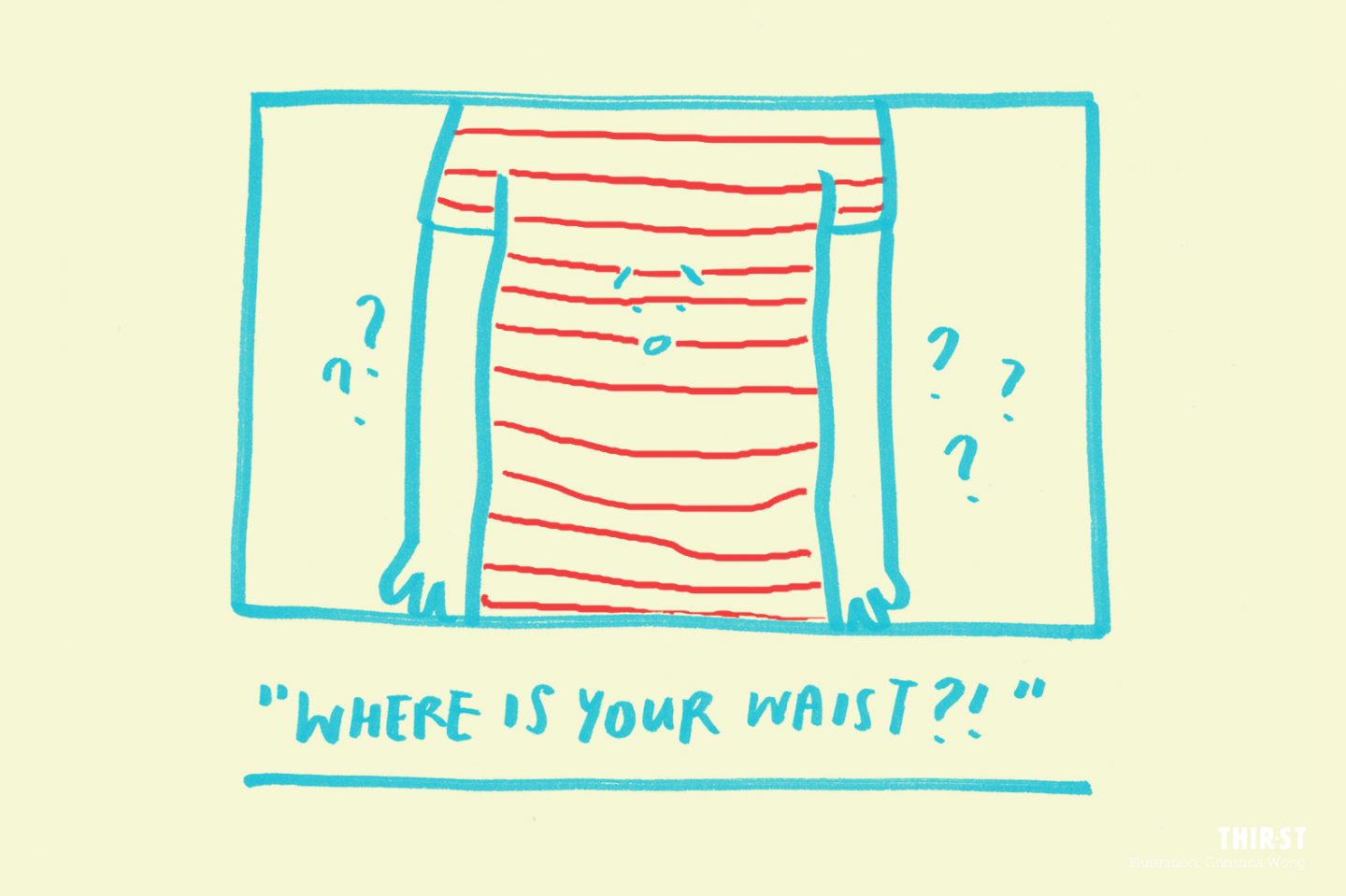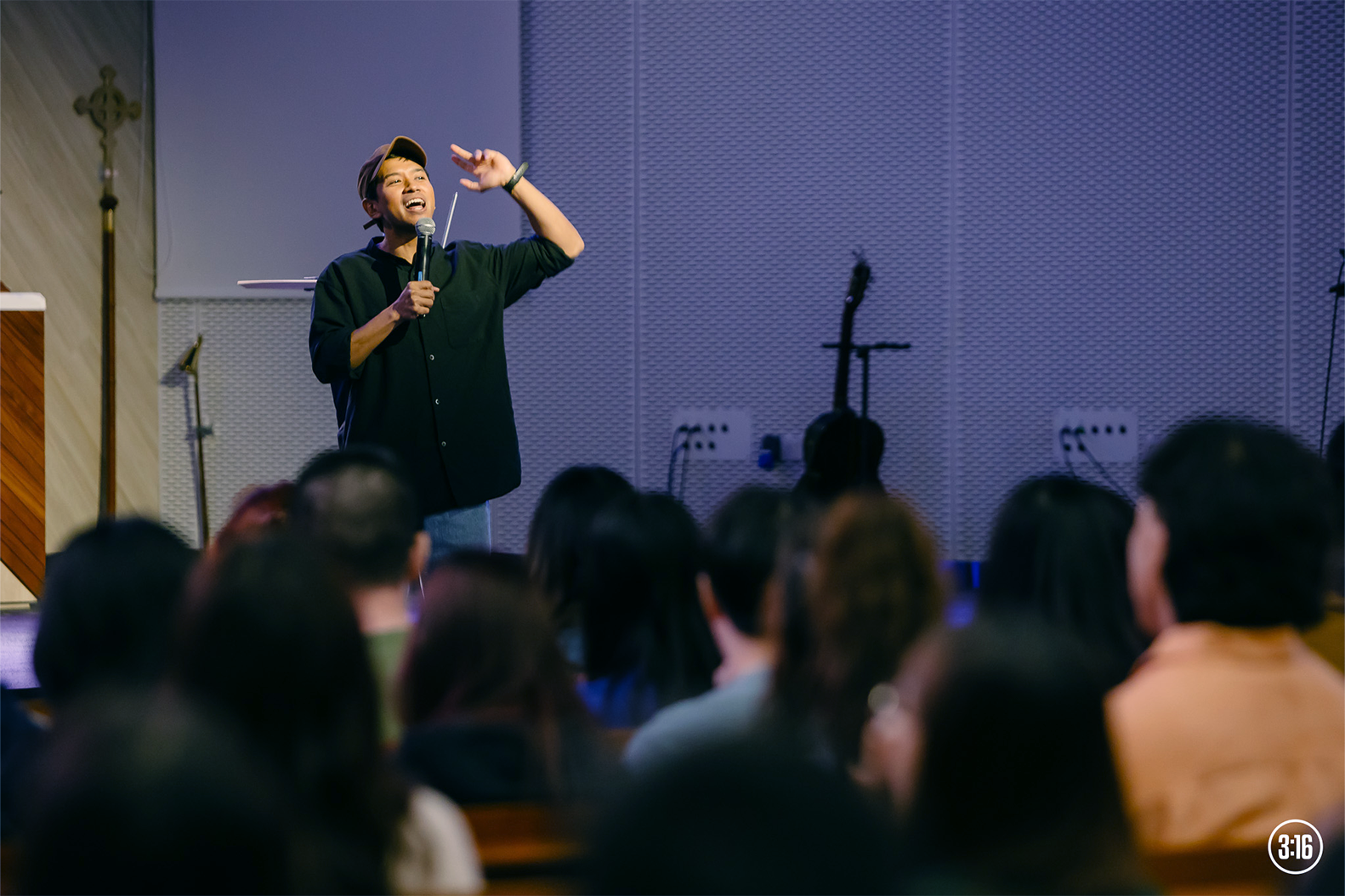“Your daughter dances like an elephant,” my dance instructor announced to my mother in front of everyone after class one day. I was 7.
It was nothing new. Every week the instructor did her best to make me feel like I didn’t belong, and this week she finally did it with my mother around.
I’m not your “average girl”. When I was in kindergarten, I was the tallest in the class at 130cm. I stood a whole head higher than everyone else and I felt compelled to slouch so I wouldn’t stick out like a sore thumb. Outstanding isn’t always a compliment.
I’m not exactly a gangly girl either. I’m generally big-boned, so usually sport a bigger frame than my peers — though I was never overweight by the standards of any school health check-ups or BMI tests.
My mother was embarrassed by what my dance instructor had put her through. The day after I was publicly labelled a dancing elephant, my mother told me, “If you were skinny and small like those other girls, you wouldn’t have been made an outcast.”
I look into the mirror and all I can see are things that I hate. This is my journey in living with the weight of body negativity.
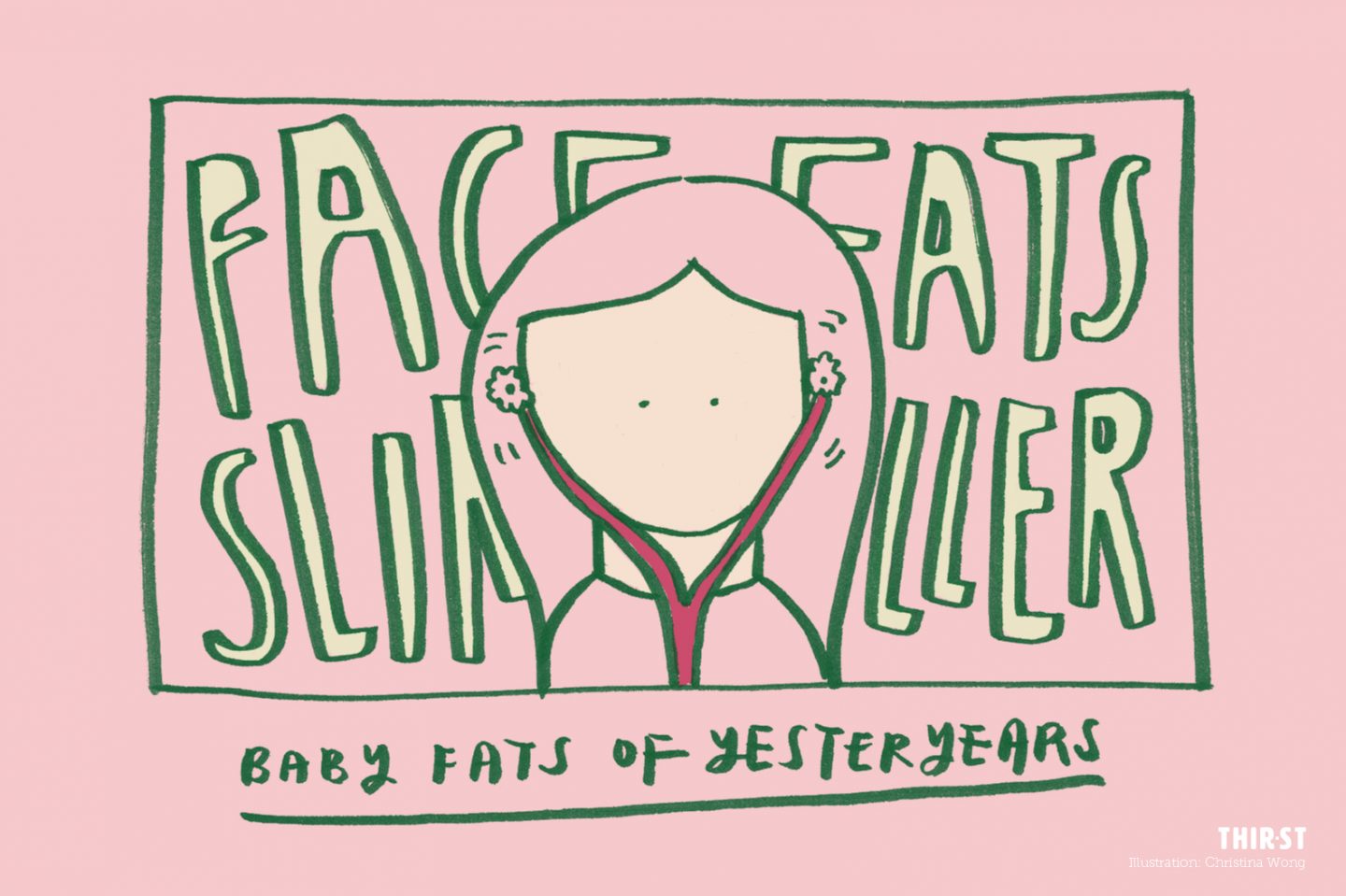
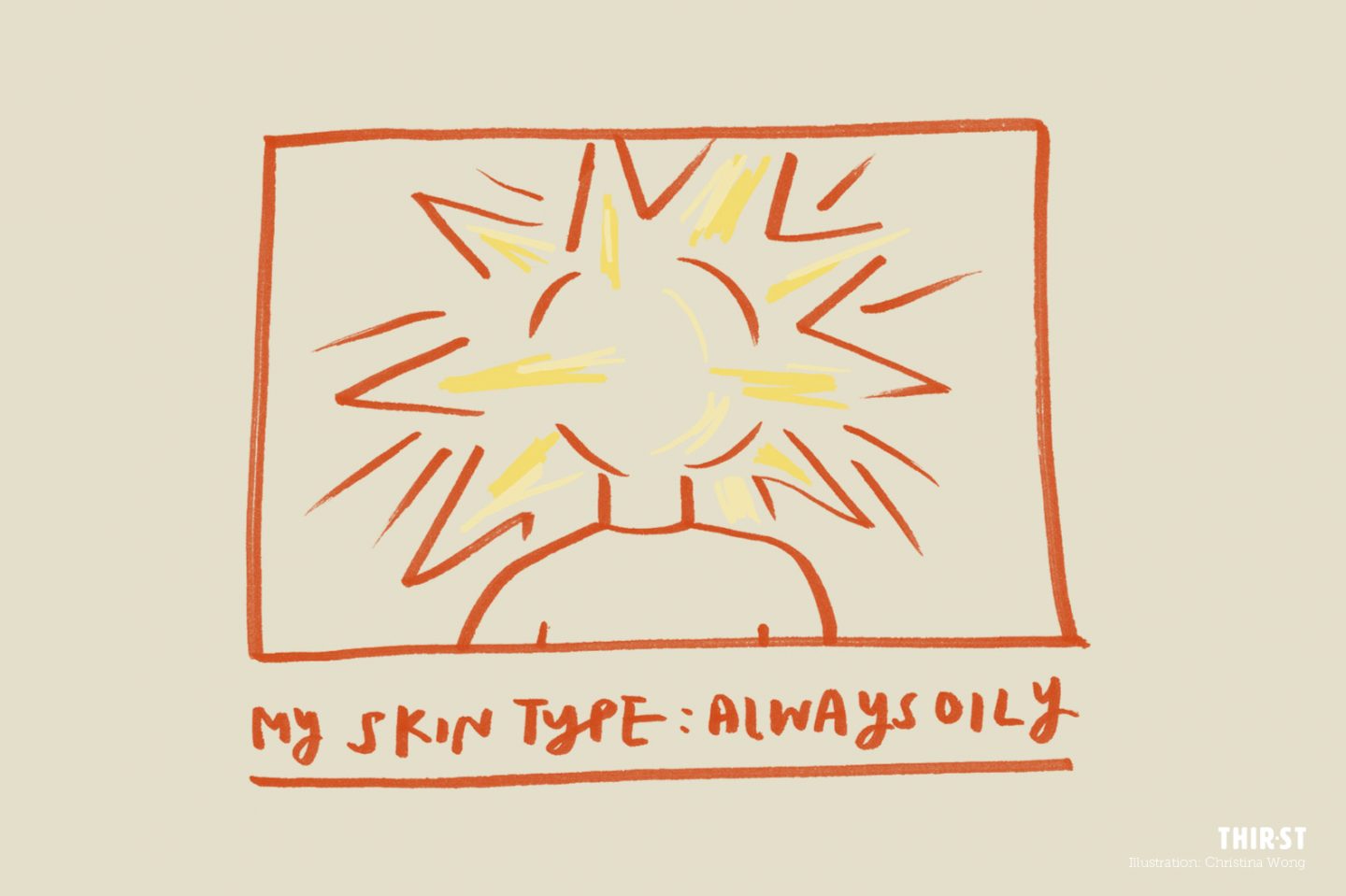
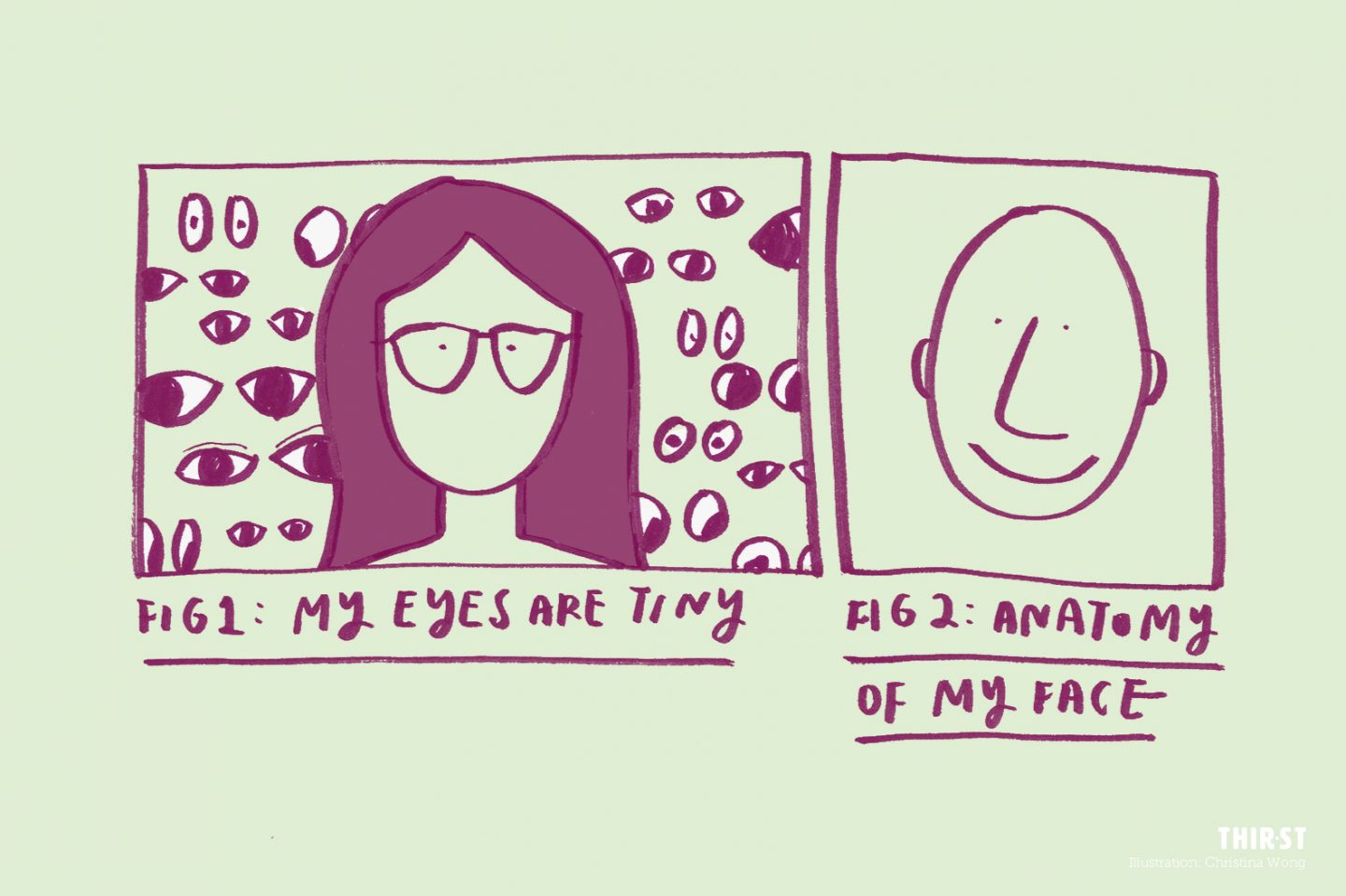
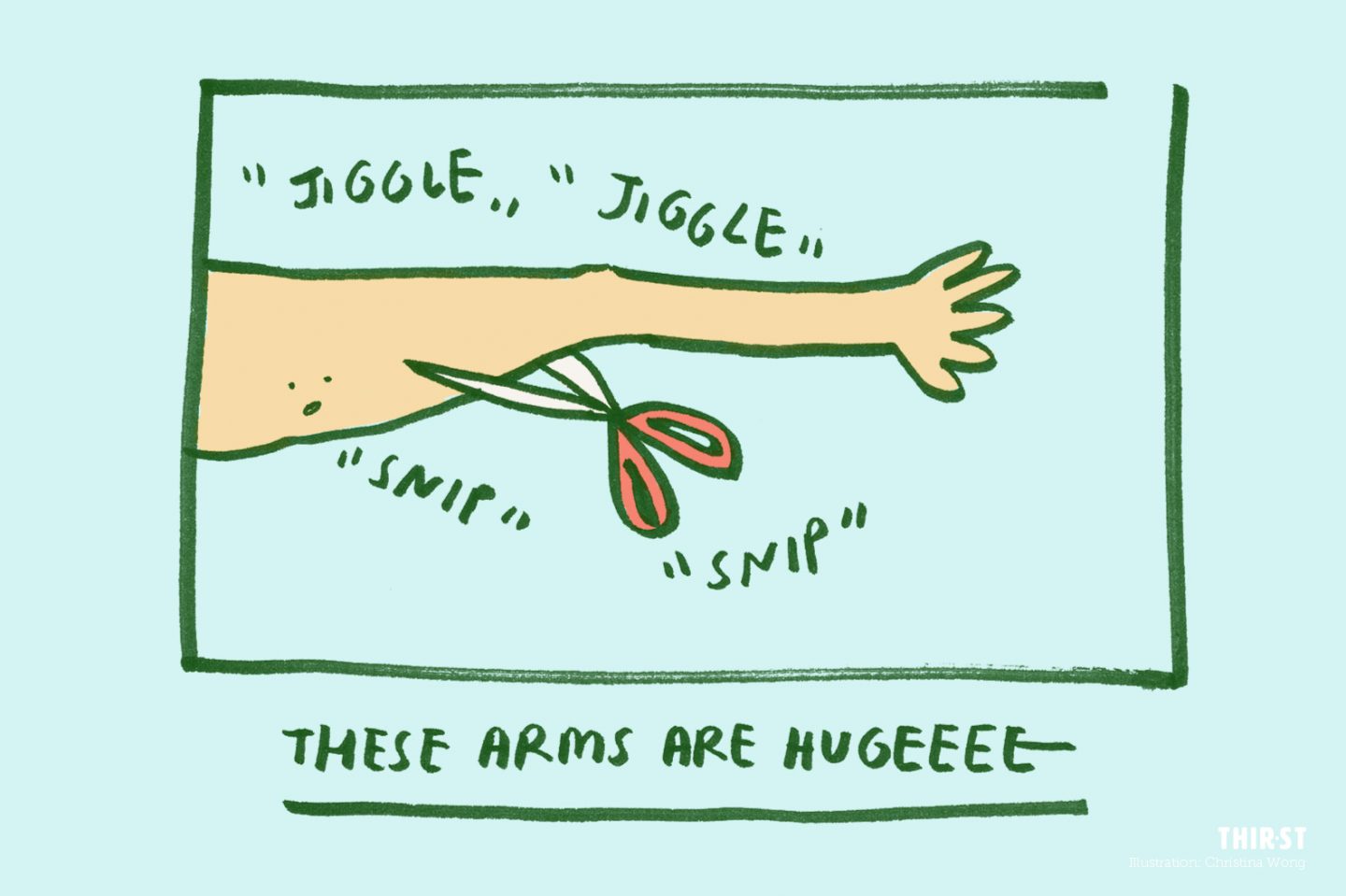
My mother’s obsession with my appearance and size led to the downward spiral of my self-esteem. She constantly reminded me that I should step lightly, unlike an elephant. I was never allowed a full bowl of rice. I wasn’t allowed to eat anything after 5pm, even if I hadn’t eaten the whole afternoon. Three bites into a meal, she’d ask without fail, “Aren’t you full yet?”
I started to struggle with binge eating. I’d stuff my face with food as early as 6 in the morning, and starve myself for the rest of the day. I began to internalise my mother’s obsession over my weight.
When I came to know God as a secondary school student, I struggled with the truth that God loves me for who I am. Who I am? You mean, after I’ve lost all this weight?
My problem with body negativity was so deep-seated that it would not be reconciled with the knowledge of God’s unconditional love. In fact, it only got worse. I started counting the calories in every single thing I ate. I weighed myself every morning and night. I had a journal in which I recorded my body measurements each day.
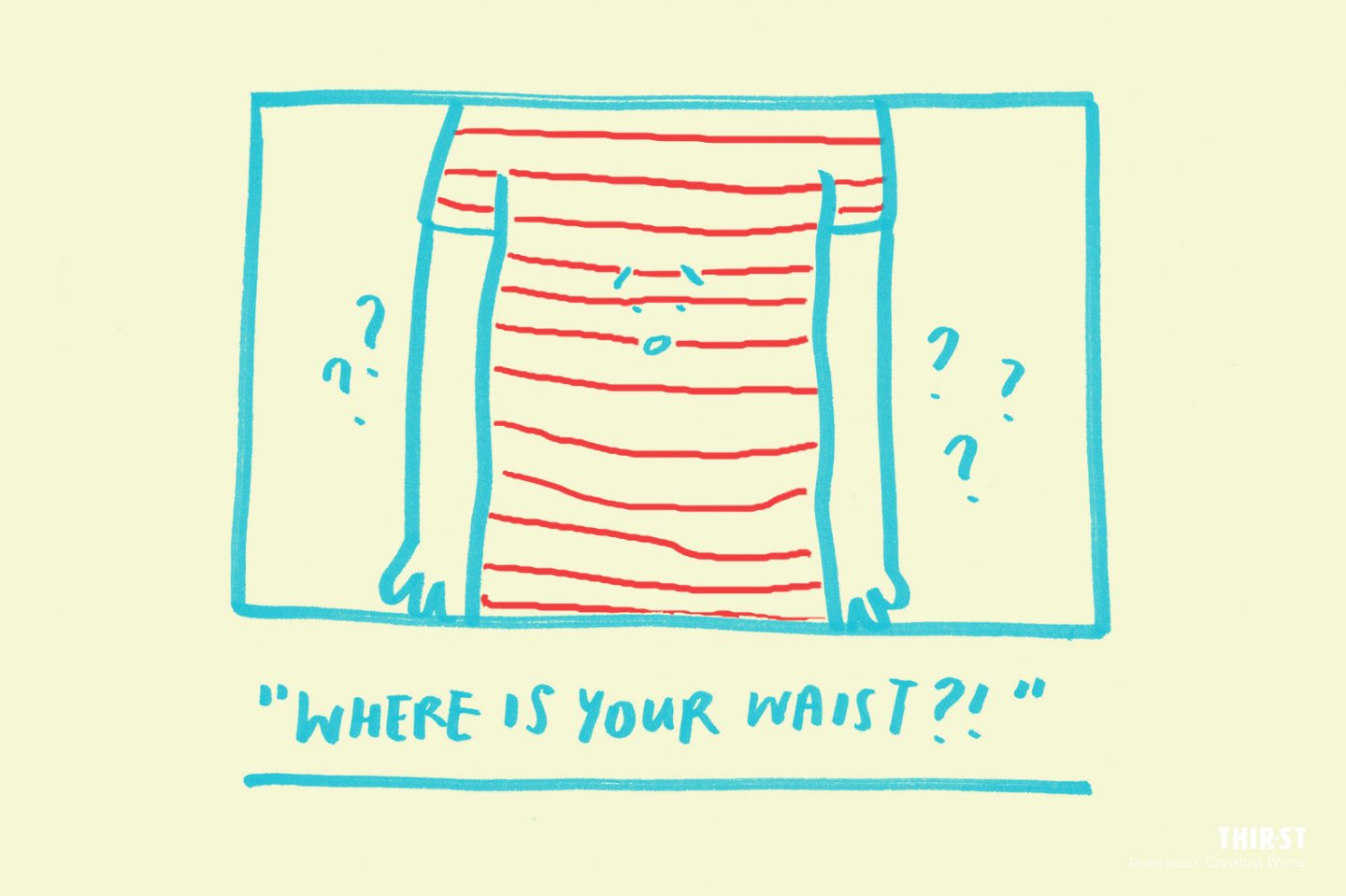
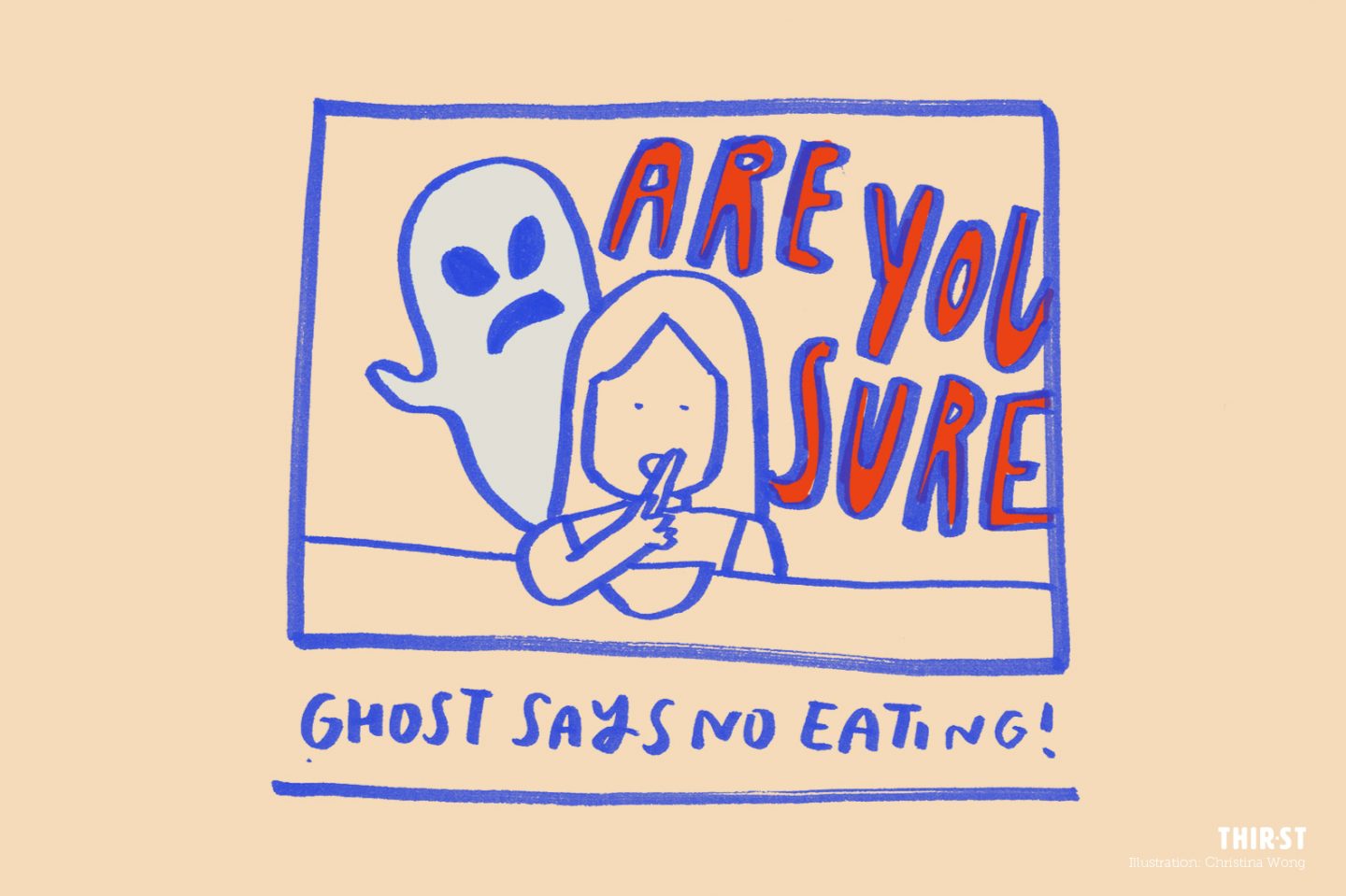
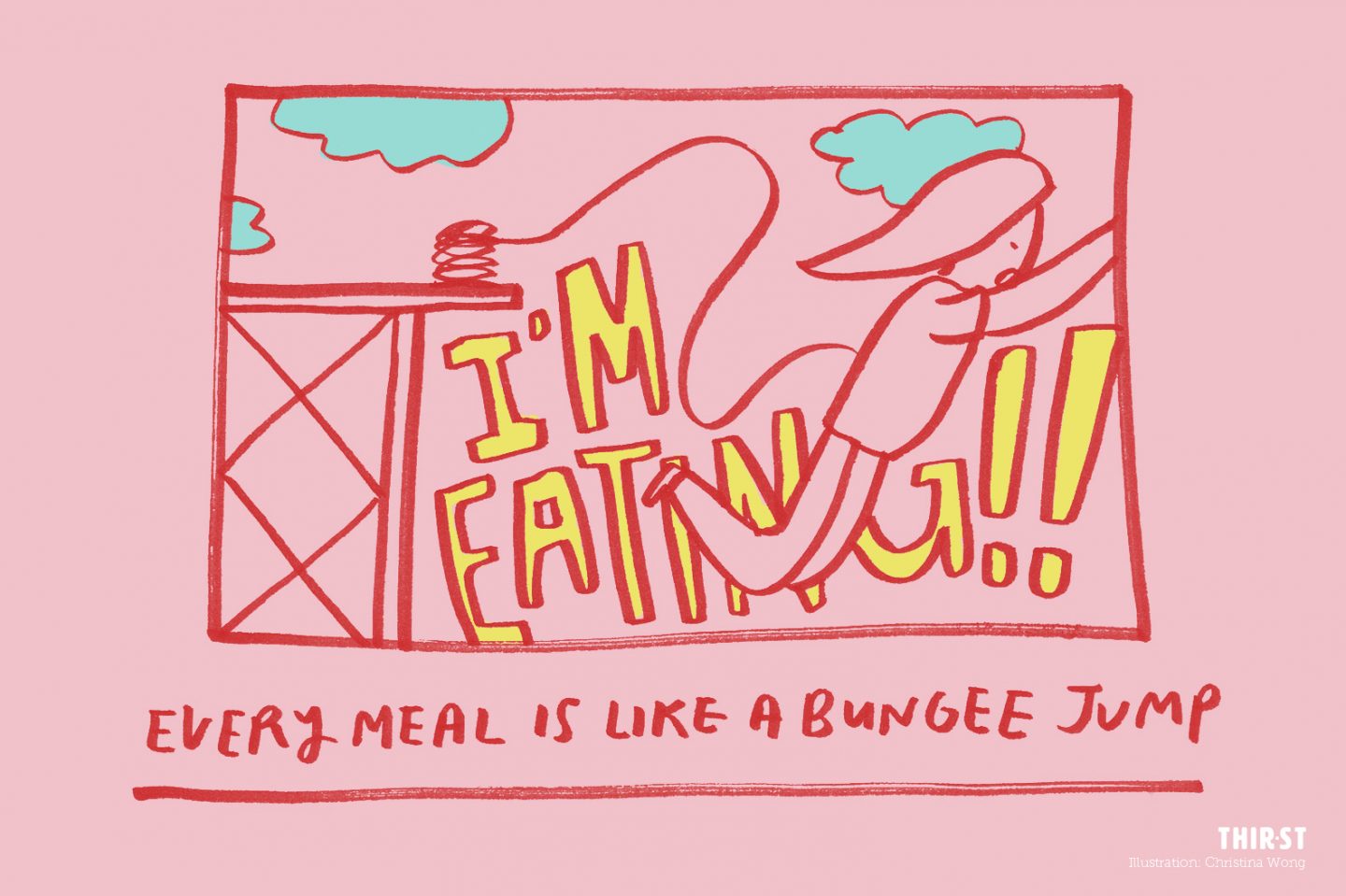
It took me a few more years to slowly unravel the truth within Genesis 1:27: “So God created mankind in his own image, in the image of God he created them; male and female he created them.”
I’m still learning. The “image” here has nothing to do with what come to our mind first when we hear the word “image”. Beyond the physical, the Latin root behind this word — Imago Dei — refers to the fact that humans bear a likeness to God in their moral, spiritual and intellectual nature.
There is so much more to my “image”. Being made in the image of God means that I’m more than the measurements and calories. I know my imperfections.
I am trying to love this body of mine along with all its imperfections that God has fearfully and wonderfully made. I am trying to love it not because I think that my thick waist proves its perfect use as a bolster, or that my always-oily face means that I save money on highlighters and moisturisers, but because it is mine.
I take it as an accurate chronicle of who I am and what I have been through, not as a failure in what society expects of me.
And just so you know, I’m munching away on a Kinder Bueno bar as I’m writing this.


